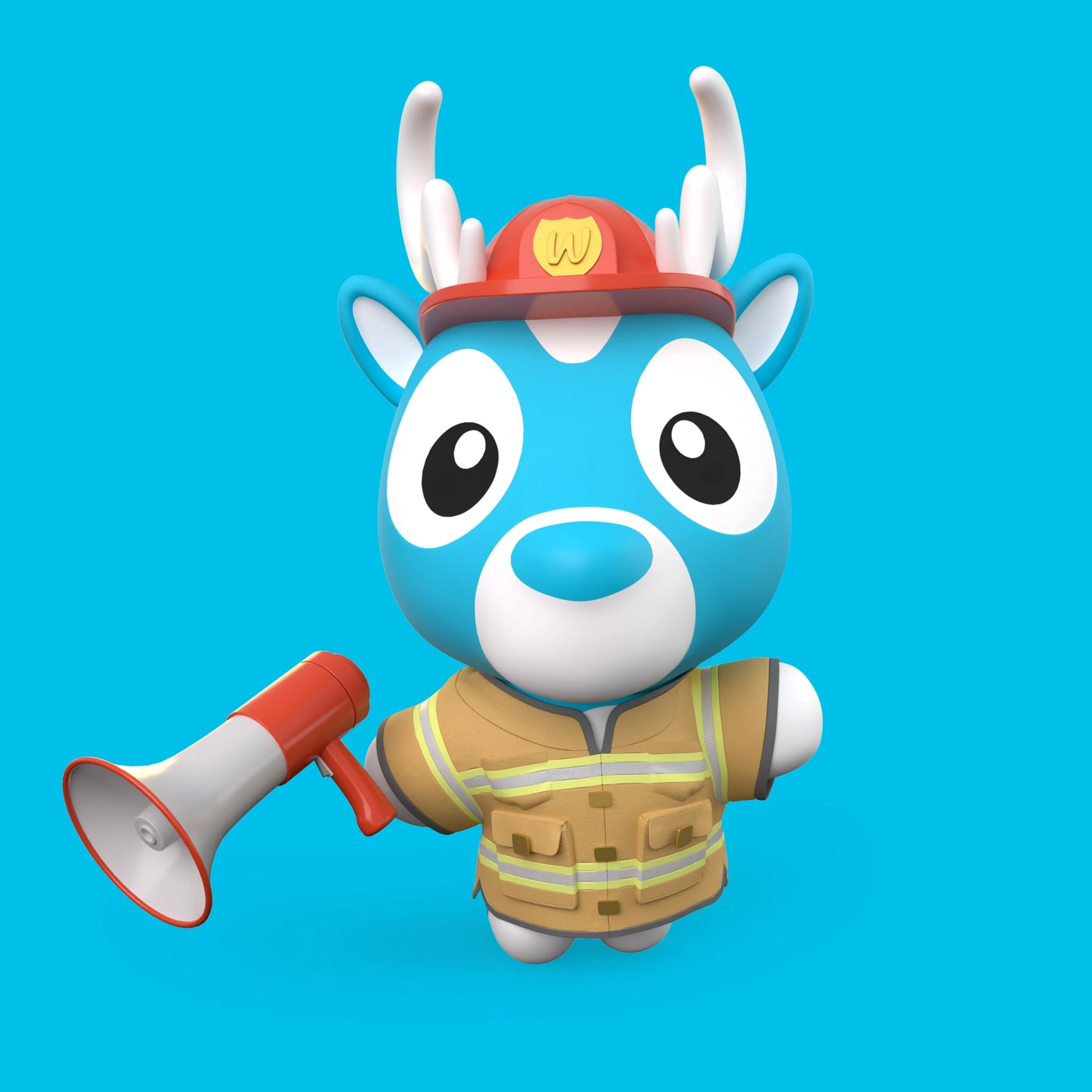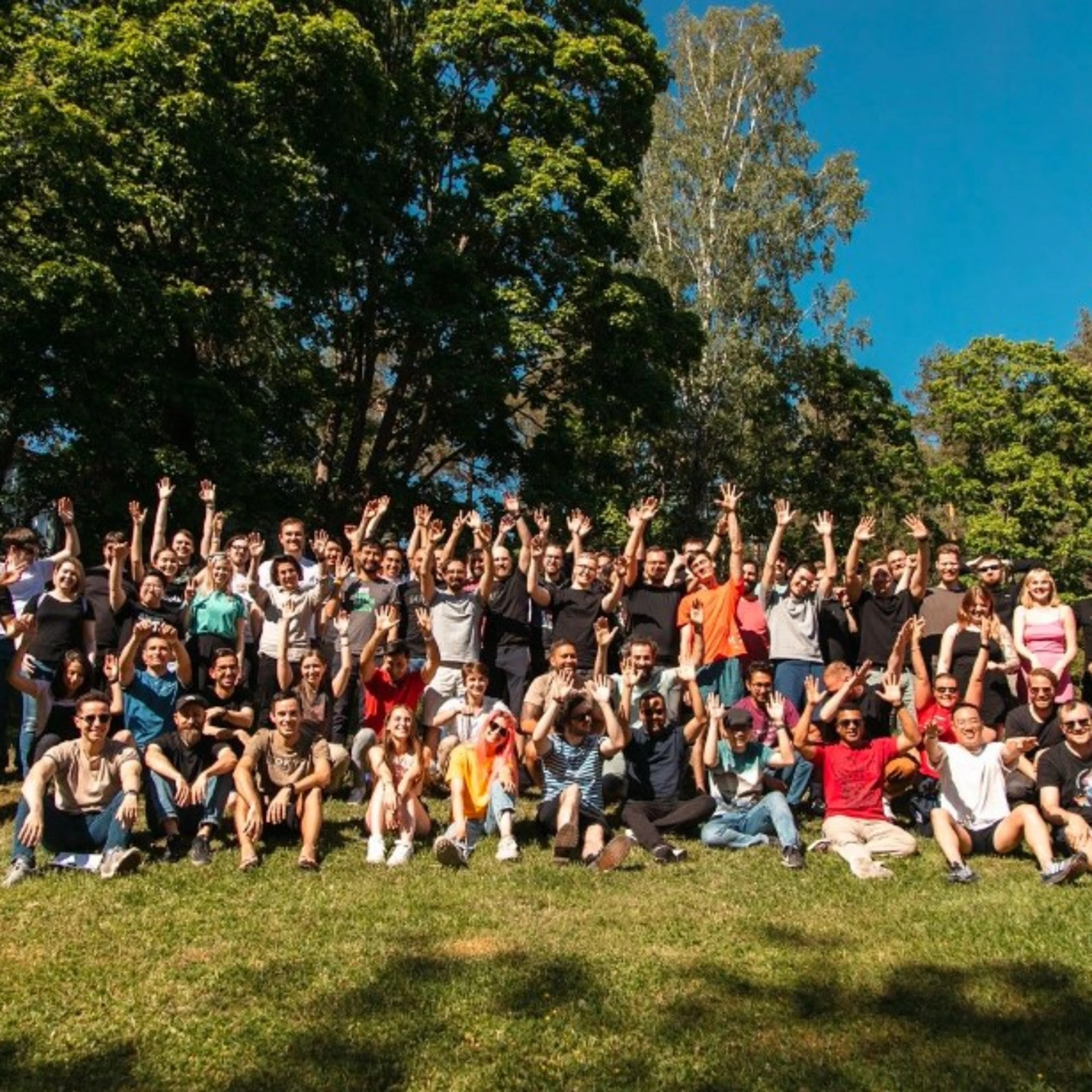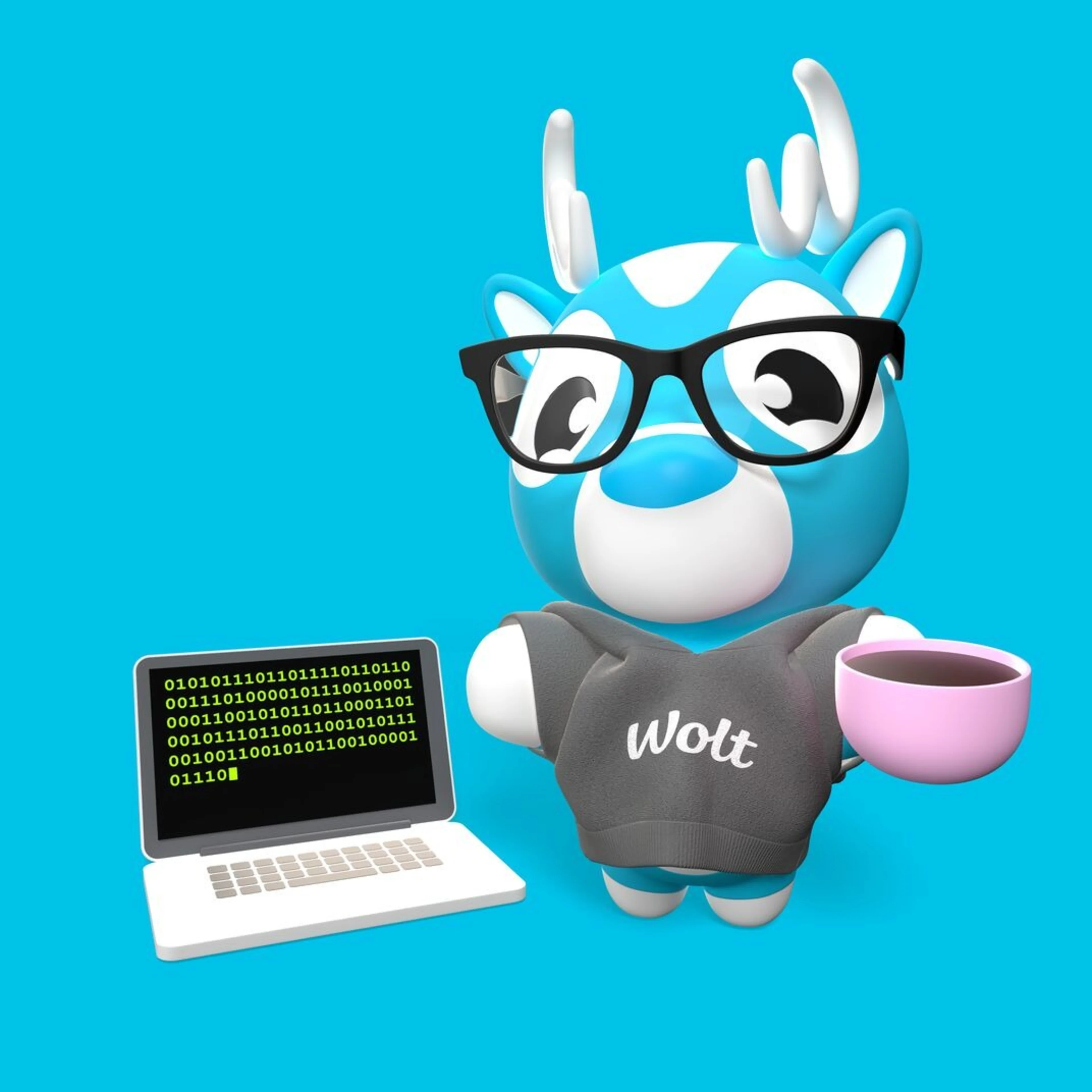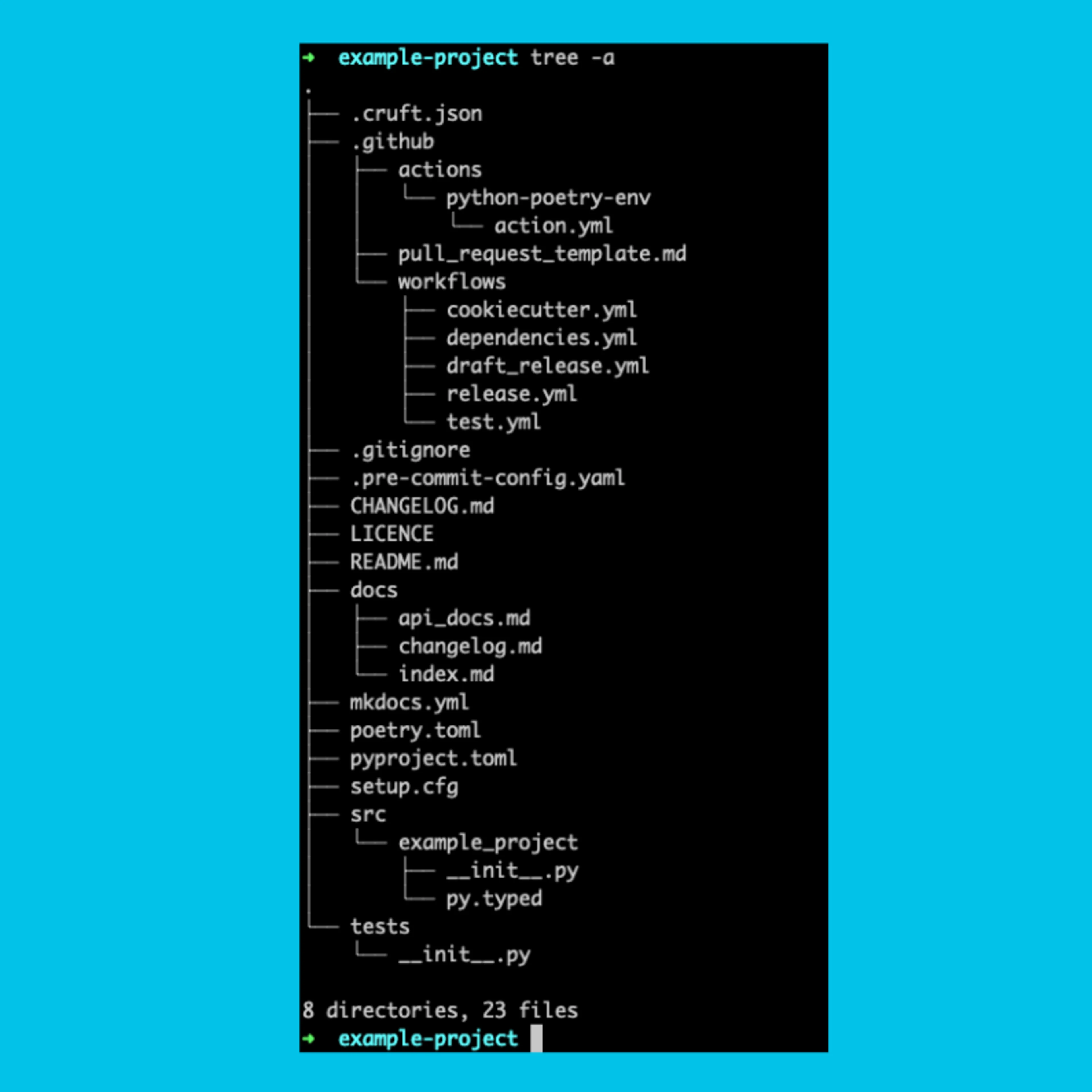Tech
Batifol Stephen
Nov 20, 2023
How to organize a great tech meetup

Ever since I was a student, I’ve taken part in tech meetups around the world and I’ve always been interested in organizing them, as I believe it’s a great way to connect with your peers and learn new things.
When I joined Wolt, I moved to Helsinki and my job consisted of building our Machine Learning Platform and this is how I first got in touch with the MLOps community. After moving to Berlin in April 2022 and meeting with different people from the community, we decided to start organizing MLOps meetups also in Berlin. Since then, we’ve organized various meetups and hackathons, and what a journey it’s been! After a year and a half, we now have an incredible community of a whopping 1,000 people passionate about MLOps!
With every event there are new learnings, and building up the MLOps community in Berlin has had plenty of them! Since sharing is caring, especially when it comes to building tech communities, I decided to put together some of the top learnings from this journey and tips for others who might be thinking of organizing a meetup of their own. The learnings are based on my experience from being a founding member of the meetup group, running meetups, and hackathons, and hosting them in different locations. Thank you GetYourGuide, Google, Wolt, and Thoughtworks for hosting!
The blueprint of a great meetup
Before jumping into the practical tips, let’s first talk about the structure of a good tech meetup. Having been part of various meetups as an attendee, a speaker, and an organizer, I’ve found that a simple, yet engaging structure for a meetup is roughly:
Open doors | Open the doors one hour before the beginning of the meetup and have some food and drinks 30 minutes before the beginning of the event. This way the attendees won’t be hungry or thirsty during the talks. |
Introduction to the meetup | A short welcome speech from the meetup group and/or the host of the event. It should include opening words, an introduction to the agenda, and housekeeping items. |
Quick intro of the host company | Nice and quick — avoid spending too much time on this not to bore people too much, stick to the things most relevant for this specific audience. |
Quiz | Allows people to get to know each other, and for you to warm up the audience. You can suggest people to make teams based on their birth month for example. It forces people to meet and mingle with each other. |
Talk 1 | 25-30 min long, with about 5 minutes for questions. Make sure the speakers know when to stop. Avoid too long of a Q&A – people can also ask questions from the speaker at the end or during the break. |
Break | Quick 15-minute break to keep the energy up, take some more food, and another drink and chat with people. |
Talk 2 | 25-30 min long, with about 5 minutes for questions. |
Lightning talks - if you want (max 3) | With five minutes per talk, these should be short, sweet, and lighthearted. If the main talks of the night are quite heavy, technical topics, lightning talks can help to balance things out. If you do lightning talks, make sure to show the timer to the speaker at all times for timekeeping. Also, tell them to not prepare 40 slides and not make it a sales/hiring pitch 😀 |
Wrap up the agenda & begin networking | Time for drinks, music, and networking. If you’ve had an interactive element like the competition, people are more familiar with each other and therefore more likely to stay for longer. |
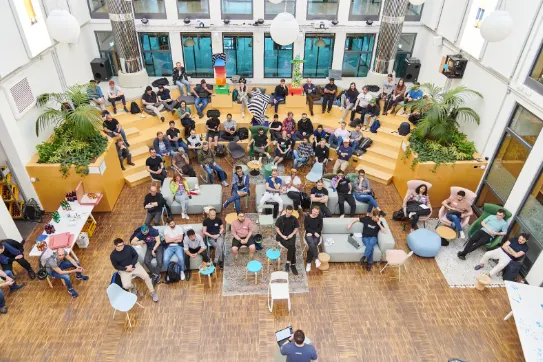
Practical tips and tricks - How to organize a tech meetup
There are so many things that we could discuss here, but as with most topics, it’s really important to figure out the what, why, when, who, and how of the event.
💡The why: Meetups as a way to build local tech communities
As with any project, it’s good to be clear about the why of the event, because that helps you to determine your audience, topics, and type of the event. Usually, the goal of tech meetups revolves around bringing together folks interested in the same technology, networking, and learning from each other. Often companies also use meetups as a way to talk about technical topics to get more people interested in their services or joining their team. Even if it’s a combination of all of these or some, it’s good to know the goal you have as it’ll impact the what, who, and how of your event - for instance, who should be involved in organizing it.
🤓The what: Deciding the theme for your event
A good theme for a meetup usually includes a balance of trending and established topics. Striking the right balance is crucial — while trending topics can attract attention, they may also alienate certain audiences, or they might be overly popular in events at the moment. That’s why it’s good to blend them with more established topics.
You should always ask yourself: Would I want to attend this event as a guest, not just as a host? The character and interests of the meetup and its community often mirror those who orchestrate it.
⏱️The when: Planning the timing of your event
It's good practice to avoid picking a date crowded with other meetups, conferences, or other popular events, as this means competing for the same audience. Also depending on the city you’re organizing your event in, some days might be trickier than others. For example, a meetup on a Friday in Berlin might not have as many attendees as one on a Wednesday or Thursday. Midweek (Tue-Thu) is usually the most popular time for meetups. Also, consider scheduling your event outside of common vacation times, like July in Finland or August in Germany, when most people are likely to be away enjoying their holidays.
🙋The who: Figuring out your organizing team and speakers
This is probably one of the biggest topics as it involves potential collaborations with other organizations/meetup communities, determining who’s involved in organizing your event, and also who should be speaking at the event. Let’s start with the collaboration piece.
Step 1: To collaborate with a meetup community, or build something of your own?
Collaborating with an existing meetup group can be extremely helpful. By doing so, you’ll avoid having to build up your audience and very likely will reach more people. It will also help you to reach people outside of your network and potentially increase the diversity of your audience. Partnering can also offload some work from you as the meetup partner is likely to be the one handling things like setting up the event on meetup.com, promoting the event, handling external speakers, questions from the attendees, and so forth. It can also offload some work from you as they’ve run meetups before and are used to the format. Meetup partners are very helpful as they often have a good network of potential speakers and an established model of running their events, making the process more effective.
How to find a meetup group to collaborate with? If you want to organize meetups, it’s probably because you’ve been to some other meetups in the past. You can ask the organizers directly if they are looking for a venue to host them for the next event, it’s usually something that’s appreciated by the organizers! You can follow up with them on LinkedIn or email after the meetup to make sure they remember. You can also reach out to the organizers of the group you wanna collaborate with directly on meetup.com. Try to find a group that’s active and has organized meetups in the past couple of months. A lot of meetups stopped because of Covid and haven’t started again since. Also, try to find some meetups where they usually have 50+ people signed up for their events to maximize the impact of your potential event.
If you’d rather build an event of your own, that’s of course a great option, too. A great platform to build your event is still meetup.com, as there are many tech communities involved. By organizing your event series you’ll need to put in more work, but have the creative freedom with the concept, theme, speakers, and so forth. It’s good to commit to running events continuously (for example bi-monthly) if you want to build your own, engaged meetup community.
Step 2: Find your project team
Organizing events is always a team effort. With lots of moving pieces, it’s good to have a clear project team from the beginning with visibility to what everyone’s role in the project is. Every company will of course have different types of setups and teams involved, depending on the capacity, type of event, the event’s goals, and such. This is just an example of who you might want to have involved and what we’ve seen working well at Wolt:
Project Lead | If you’re reading this blog post, it’s likely this is you 😊 It’s important that one person has full visibility of what needs to be done at what point during the preparation and delegates tasks with the rest of the project team in an efficient manner. |
Office team | The office team helps with practicalities and logistics for example catering, internal communication of the event, helping with preparing the event space on the day of the event (e.g. signage, food, organization of furniture), and helping with hiring extra help for example cleaning or security. |
IT team | The IT Team can help with making sure that you have a proper audio/ screen setup. It can make a big difference between a good and a very good meetup. |
Talent Acquisition team | The recruitment team helps with the possible recruitment angle of the event, for example doing a short hiring shoutout, preparing materials of relevant roles to the attendees, or hosting a recruitment booth where attendees can discuss open roles if they might be interested in joining the company. |
Comms / Marketing / Employer Brand team | Comms or marketing teams are useful for helping with marketing materials/branding of your event, promotion of the event externally, checking the speakers’ slides, and helping to ensure the look and feel of the events is on-brand. |
Team for the event | A team of 2-3 (usually engineers or tech team members familiar with the theme/technology of the event) should be enough if you have support from other teams too as mentioned above. On the day of the event, depending on the event space it’s good to have about 5-7 people helping out with the setup, welcoming guests, setting up the food, organizing furniture, and so forth. Preparations can take surprisingly long and with events, there might always be random things popping up just before the event! |
Host of the event | They might or might not be part of the preparations and planning. On the day of the event, they host the event by doing a short intro talk, introducing the speakers, and so forth. Having a host helps the event to flow in a smooth, organized manner. |
Step 3: Finding your speakers
If you’re organizing the meetup with your company, you likely want to include an internal speaker to start with. To find internal speakers, it’s good to chat with your direct colleagues to see if some people would be interested in giving a talk. You can also ask your colleagues to spread the word to help you find a speaker. Posting on internal Slack channels that you have around tech learning can be a good idea — you can likely find someone who has already presented in meetups or has delivered an internal talk that they could adapt for an external audience (provided the topic isn't confidential, of course).
Seek out external speakers to diversify the event beyond your company's perspective. Tap into your network first: consider former colleagues and acquaintances from past meetups. Speakers who have presented at other events might welcome another opportunity, so don't hesitate to ask them.
If you reach out to new contacts, be honest and upfront. Share why you're organizing the meetup, the advantages for the speakers, and the expected audience size, and mention any specific technologies your company uses. Keep it conversational to ensure it doesn't come off as a sales pitch. 😉 Whether internal or external speakers, it’s important to also keep in mind diversity when you think of your speaker lineup.

✅ The How: Getting into the action
Well, this part could have a blog post of its own. At Wolt, we have created a practical checklist for our event organizers, since events are carried out by different people and the process varies slightly depending on the location. This helps to scale the way we do events, make sure nothing important is forgotten, and ensure that anyone who organizes a meetup is clear with the process from the beginning.
Shortly the process is:
Kick off the event: decide on the location and venue, the goal and theme of the event, and brainstorm potential speakers or talks
Decide on the format: collaboration with a meetup group or hosting something yourself?
Find the speakers
Build up the materials and event page & promote the event
Preparation from everyone’s end: from practicalities like ordering food and drinks, to making sure all the help is reserved for the day
Run-through before the day of the event: making sure everyone knows how things go on the actual day of the event
Day of the event — show time!
Complete post-event activities, for instance, posting on social media, getting feedback, sending a thank you email to attendees, sharing slides and recording if available.
Usually, it’s good to start planning your meetup about 1.5-2 months before the event and there are actionable steps from about four weeks before each event. For promotion of the event it’ll be good to reach out to colleagues, friends, your network, and other people you think might be interested in the event. Also, ask the co-organizers and speakers of the event to spread the word to make sure you have a higher reach. You can also go to other meetups or ask if they can mention your meetup at one of their events if it’s related to the same theme — just don’t go there and make a sales pitch out of the blue or they will probably not invite you again.

The cherry on the top 🍒 — making your event memorable
Now that we’ve gone through all the basics, let’s add a little bit of oomph to it to make sure your event stands out from the crowd.
1. Make your guests feel welcome
From the moment they enter your event, your guests should be entertained and well taken care of. You don’t need to do anything crazy, but here are a few nice things that can help to create a welcoming feeling:
Have music at the reception of the event - people tend to all arrive at the same time so there will probably be a queue, it’s always nicer with some music instead of an awkward silence.
Have enough helping hands welcoming and guiding the guests - One or two colleagues or co-organizers should be available to welcome people at the door, check them in, and guide them to the event space.
Signage works well, too - You can also print out signage for guests to find the event space, toilet, food, and other amenities easily.
2. Get your organizing team ready to mingle
Buddies can help to get the conversation flowing. Start conversations with attendees and try to start group talks. Usually, people arrive and sit in silence and use their phones as they don’t know how to approach other people or don’t know when the meetup will start. Ideally, attendees shouldn’t stare at their phones or feel awkward during the reception and drinks. Also, things like nametags where people can write their names or even their interests can help to be an additional conversation starter.
3. Break the ice with an activity
If your attendees don’t know each other beforehand, which is usually the case, it can be a good idea to have a quiz in the beginning with some simple questions to reduce any awkwardness. You can either do it with slides and then ask people to raise their hands and rotate a microphone in the room, or you can use an online quiz platform that works with phones like Kahoot or Slido. Small prizes can help with getting the energy up, too — turns out people love swag and free stuff! The topic of the quiz could be for instance fun facts about the technology, the theme of the night, or about the host company - but make it engaging and fun!
4. Make sure it’s a delightful experience for your speakers
One person should be in charge of the speaker, making sure that they are ready before they start talking. Show them the venue, offer them a drink, and ask if they need anything (for example: some speakers want a glass of water when they present, or have a table to put their laptop on). Also, make sure you ask how to pronounce their name and their pronoun. Tell them you will call them on stage! The host will do that. It avoids having the speakers standing next to you and having them not knowing what they have to do.
Top tip: Have a visible timer for the speakers ⏱️ It’s hard for speakers to know how much time they have left. Have an organizer in the front row that displays the time or gestures how much time left the speaker has. Just make sure to not interrupt the speaker, use visual prompts.
5. Have an engaging host or MC
This is the most known role when organizing meetups, it’s usually the face of that specific meetup or it might change depending on the event. Having a good host makes a major difference in the quality of the meetup. As a host, your task is to keep the meetup running smoothly, but the meetup isn’t about you so don’t steal the show from the speakers.
The host’s role should include:
Housekeeping: Asking the audience to put their phones on silent, explaining the agenda, where to find the toilets, and so forth.
Explain what the meetup is about: Explain to the audience what the meetup is about and what people might learn today.
Keep the audience engaged: The idea of the host is to keep the people engaged and also warm them up. This helps ensure they're attentive and ready to engage with the next speaker's presentation.
Introducing the speakers: Introducing the speakers requires a bit more work. It’s a good idea to reach out to them and ask how they want to be introduced. Here are some ideas on what to include:
Name of the speaker - get the pronunciation right
Title and workplace - if the speaker wants
Mention the title of the talk
The host's role is to keep track of time, who’s speaking, what they’re talking about, and try to hype up the talks and then let the speakers do their magic. They can do anything that might be awkward for the speakers to do themselves - for example saying a little bit about their accomplishments in the field if the speaker is comfortable with that. But the host shouldn’t spoil the content of the talk. The host should also try to think of a question just in case no one has questions in the crowd during the Q&A — it’s always nice for the speakers when someone asks questions.
6. Don’t be too hard on yourself
In the end, every event is a learning experience. Even if there are hiccups on the day of the event, likely, that your guests don’t even notice, because they wouldn’t know about the flow or content of the event. So, try to be kind to yourself, it’s a great thing you’re doing organizing this meetup 💙
Phew, there we go! I hope you learned something from this blog post and hopefully you’re inspired to run your next tech event. Good luck 😊I couldn’t finish up a blog post about meetups without doing a shoutout to follow us on meetup.com: Wolt Tech Talks Berlin and Wolt Tech Talks Helsinki.
You can also find the recordings of our previous meetups, make sure to subscribe to our Wolt Tech Talks Youtube page 🥳 We hope to see you in a Wolt meetup in the future!
